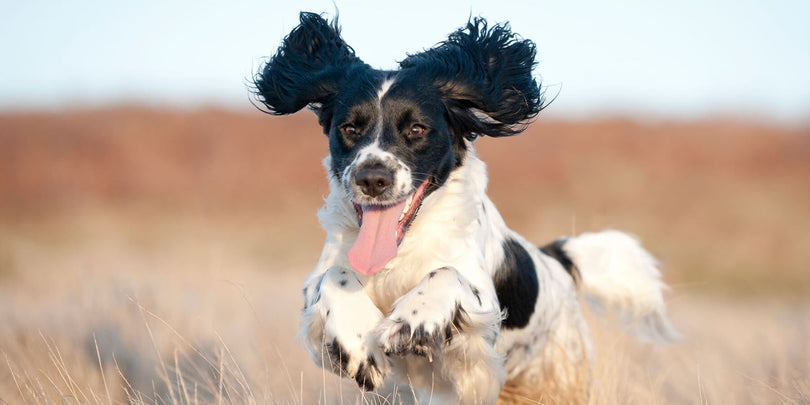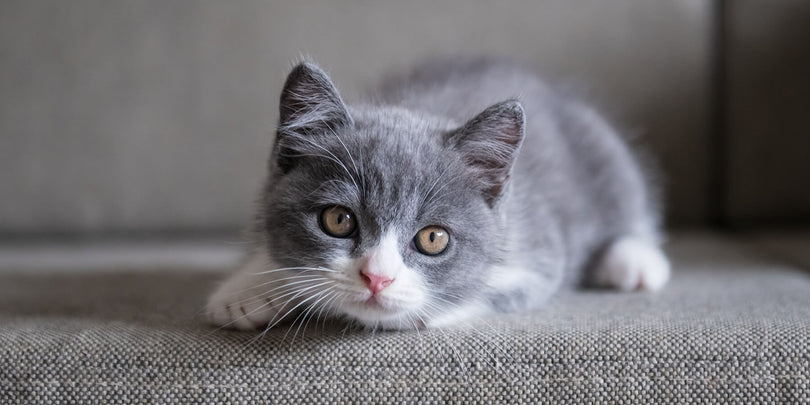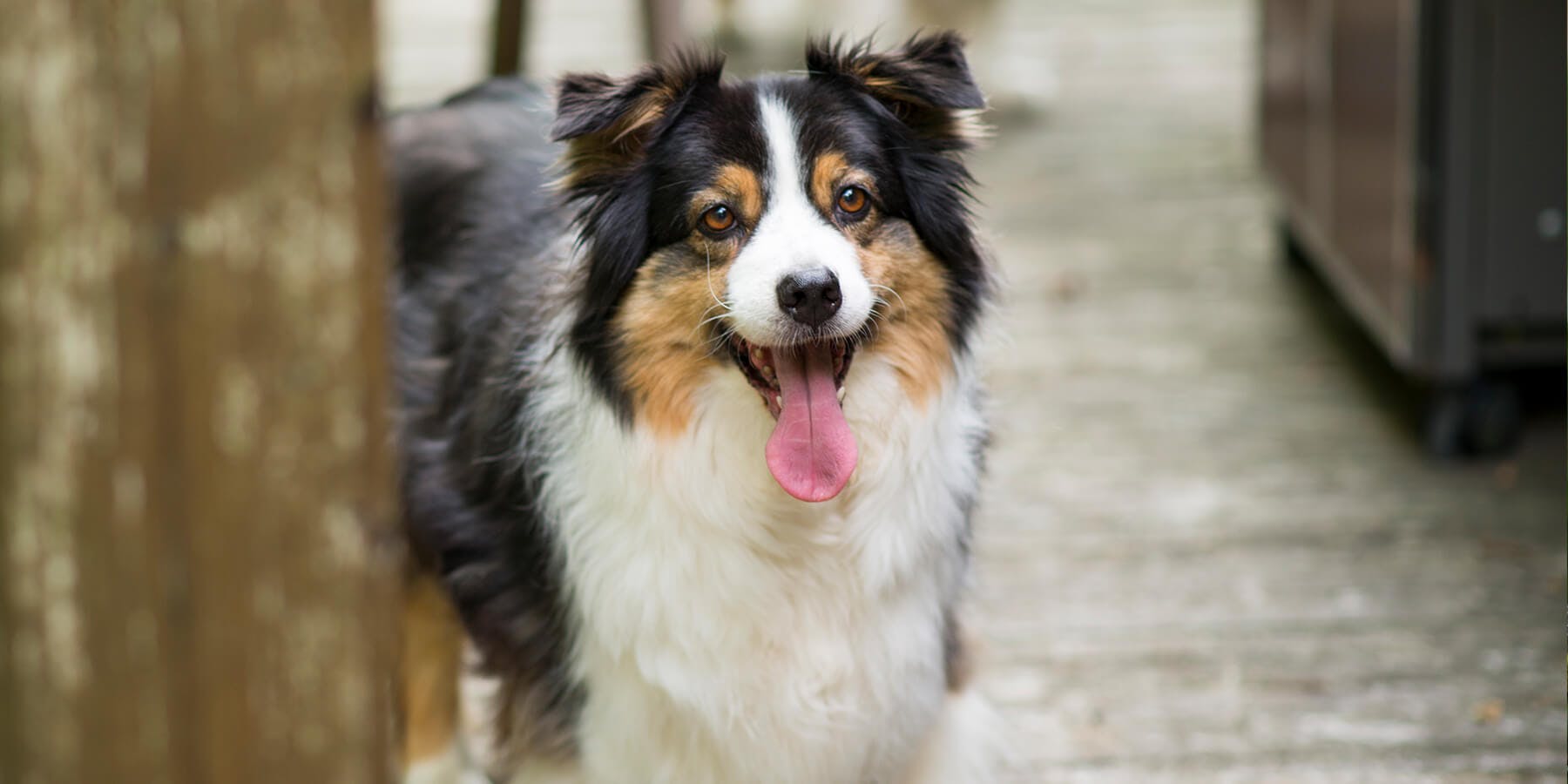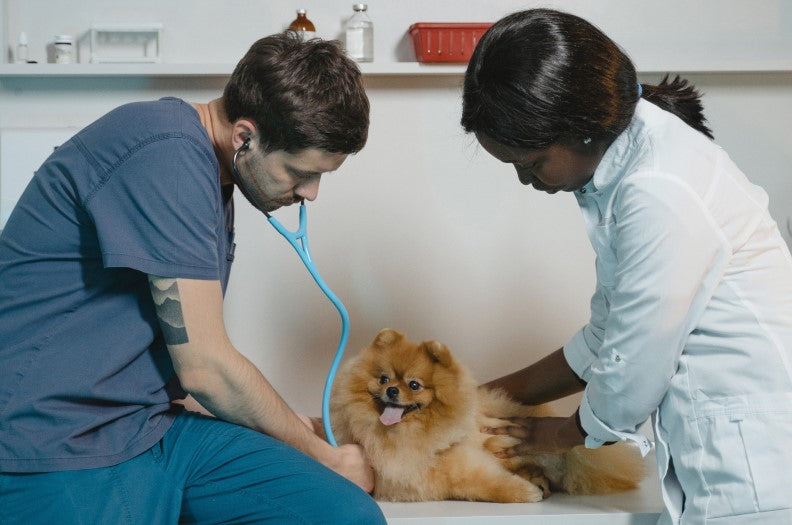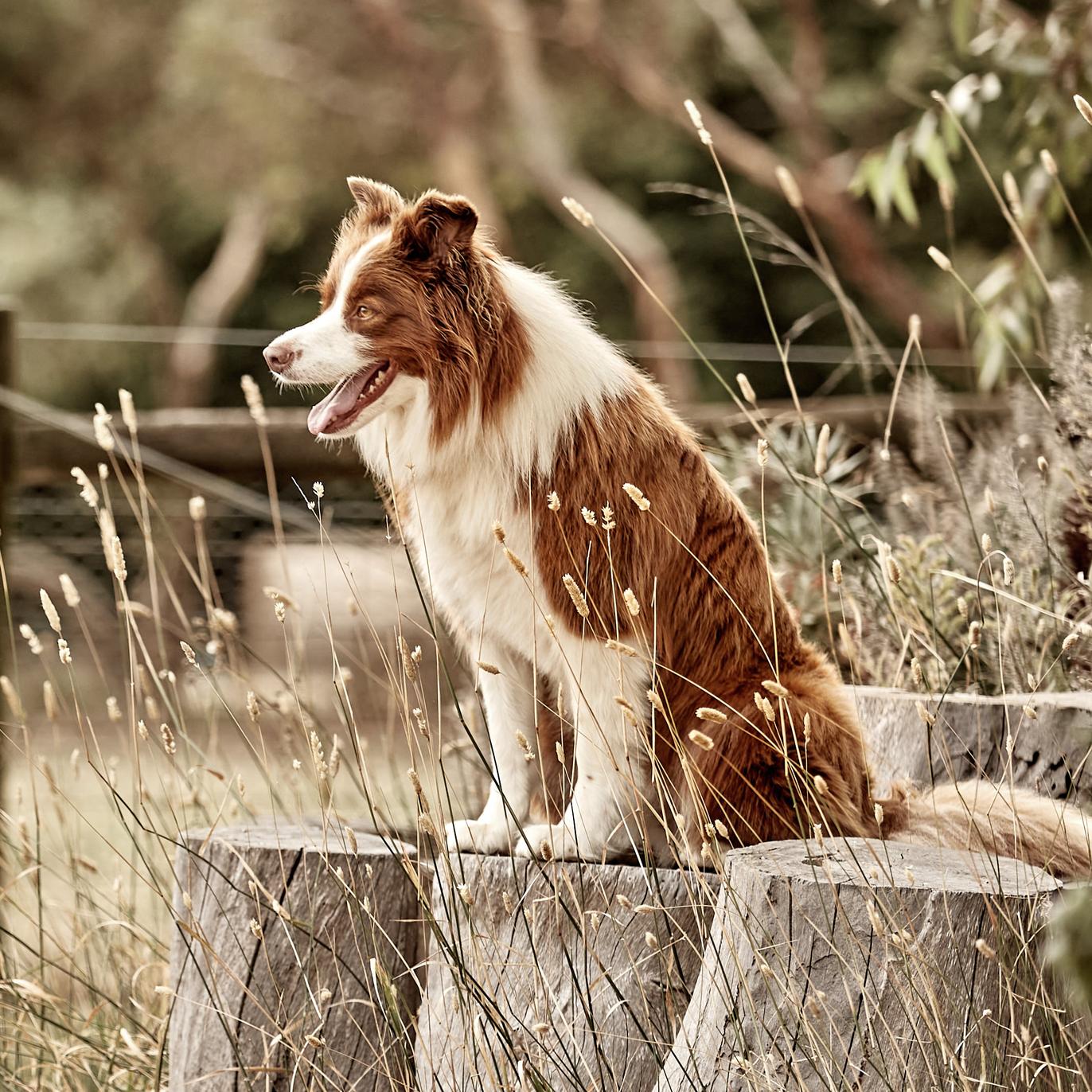Dogs and cats have been loving the extra time at home with their pet owners, and we’ve loved having them close to us during a difficult time. But as restrictions start to ease and regular routines return, it can be difficult for pets to readjust. Some pets may be at risk of developing separation anxiety.
HELPING YOUR POOCH ADJUST
Dogs are very social animals and any sudden separation from their owner can be confusing and disorientating for them. Follow these steps to help prepare your dog for life after lockdown:
- Safe space: Make sure they have a cosy, safe, quiet space in the house for them to be alone in.
- Independent toys: Give them a few toys that encourage independent play and create a positive association with alone time. Kong toys are great for this.
- Alone time: Start building up their time alone by putting them in a separate room or section of the home.
- Build up time: Once they have adjusted to being on their own in a room, start leaving the house for short periods of time and build this time up in small increments.
- Establish routine: Gradually increase their alone time and establish a schedule that closely resembles the one you had in place before the lockdown.
If you adopted a new puppy or dog during the lockdown, this will be the first time they have been left alone for long periods of time and it will be even more difficult for them to understand the change in routine. Treat them with love and kindness as they learn to become independent. Consider a pet minding service or doggy day care, or even a dog walker throughout the week, to ease their transition into being alone.
KEEPING YOUR CAT PURRING
Despite what popular opinion may have us believe, cats are social animals that form strong relationships with their humans and don’t like sudden change. Because of this, cats are also at risk of developing separation anxiety after normal routines resume.
To help your cat prepare for life after lockdown:
- Reset the routine: Cats love routine, so you need to start creating a daily schedule that reflects your regular lifestyle.
- Alone time: Build up the time your cat is alone. You can start by placing them in a separate room or section of your home with the door closed.
- Independent toys: Cats can keep themselves entertained for some time with toys. Make sure you have a wide variety of toys you rotate, and if you usually put food out for your cat, consider putting the food inside a toy instead.
- Indoor activity: Cats like to have areas to climb, but they will also love a spot to look at a window and a warm blanket. Think about what your cat engages with daily and create a suitable space for their needs and interests.
SIGNS TO WATCH FOR
Make sure you monitor your pet closely and watch for signs of separation anxiety. You may also want to speak to your neighbours and see if they have noticed any behavioural issues, such as excessive barking, when you are out of the house.
Signs of Separation Anxiety in Dogs
- An increase in heart rate
- Increased panting and salivating
- Increased activity
- Inappropriate urinating
- Increased barking
- Chewing or scratching at the door
- Chewing other items within your home
Signs of Separation Anxiety in Cats
- Excessive meowing
- Inappropriate urinating
- Excessive self-grooming
- Not eating or eating too fast
- Clinginess
- Vomiting and diarrhea
- Isolation
If you notice any of these signs, make sure you make an appointment to see your vet.
THE NEW NORMAL
It’s important to remember that the COVID-19 pandemic has not only changed our lives, but the lives and routines of our pets. If you’ve established a new routine during this time, such as walking your dog for an hour in the mornings, it is a great idea for both you and your pet to try and stick to this as much as possible.
ABOVE ALL, REMEMBER...
Be patient with your pet as they adjust to having you out of the house and try your best to take them out with you whenever you can.

